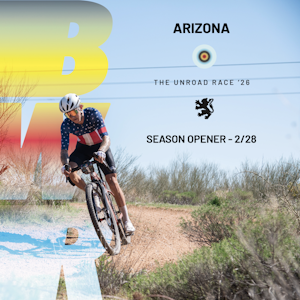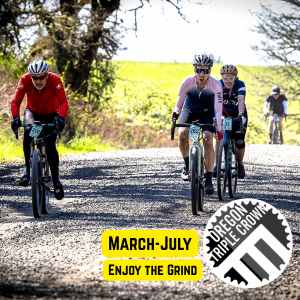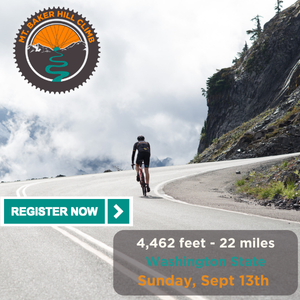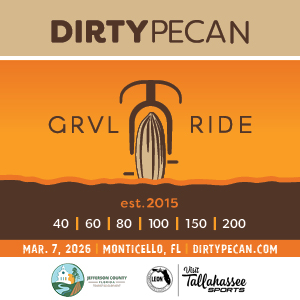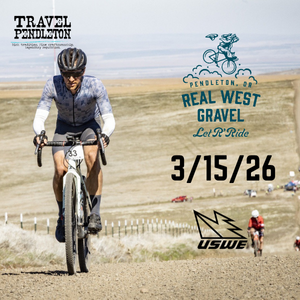The importance of recovery: How to prevent overtraining
Training methodology is something that is often fiercely argued about. If you ask ten different coaches how to coach the same individual, you will almost certainly end up with ten different answers. That said, ask the same ten coaches what is the most important part of training, and they might all agree on it being recovery.
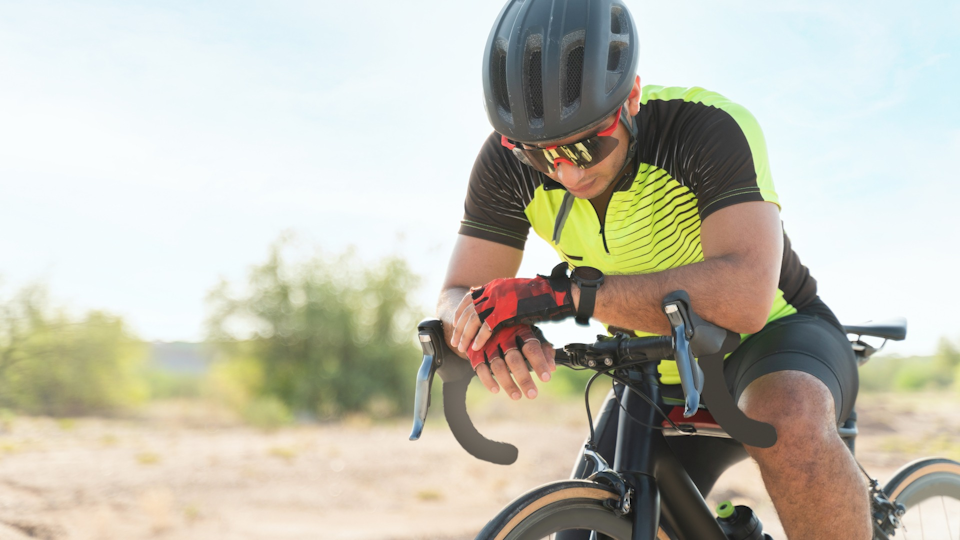
With recovery being so important, you’d imagine that we would all be focused on it and doing everything we can to get it right. Sadly, the opposite is mostly true. This might be to do with how training increases the secretion of endorphins into our brain and nervous system, whereas recovery often makes us feel lazy. Whatever the answer, this article looks at how you can prevent slipping into a state of overtraining.
Covered in this blog:
- Basics of training
- Physiological adaptation
- Recovery
- Overtraining
- Under-recovering
- Preventing overtraining
- Top tips
Basics of training
Huge books have been written on the subject of training, but for the purpose of this blog post, this section is a brief look at the fundamentals of training - for a more indepth look, have a read of this guide we produced . Understanding a small part of why we train is essential to understanding how to prevent overtraining. That said, it’s a lot more than just to achieve our goals.
Physiological adaptation
One of the principal reasons for training is to force your body into adapting into something more capable of the demands of your event. The easiest way to visualise this process is to consider weight lifting. The more weight lifting you do, the stronger your muscles become and the more weight you can lift.
That said, the training isn’t where you will see the adaptation. While the training is necessary, it is elsewhere when your body changes.
Recovery
It is when you recover, mainly during sleep, that your body repairs and adapts. We can look at this from two angles, both are fundamental to the process.
Overtraining
Overtraining could be (but is not always) defined as you simply doing so much training that your body just can not recover from. When you rest and relax, your body is unable to actually repair and adapt.
A good example of this could be if you have ever done a training session so long or intense that it took days or longer to recover from. When your body needs this extra rest, it is more likely that you will return to a pre-training baseline than see any positive adaptations.
The same is true of more chronic overtraining. This is where an individual over-stresses their body for many sessions, even weeks or months, and the body eventually slows down, performance plateaus, and the inevitable time off from training becomes due.
In both cases of overtraining, be that acute or chronic, there are some significant warning signs to look out for:
- Lethargy
- Increased or intense fatigue
- Low mood or depression
- Anxiety
- Short tempered
- Shortness of breath
- Increased appetite
- Dreading training
- Challenges sleeping
- Slow repair of minor injuries (cut or bruises, for example)
- Sickness
Under-recovering
Under-recovering is a different view on this. Here we can say that the training stress is more than recoverable by an individual, but they don’t do enough to aid their body in actually doing so. This might look like neglecting to eat healthily or not getting enough sleep or substance and alcohol abuse, as examples.
While effective training plans - particularly ours designed by Hugo! - will reduce the chance of over-stressing your body, there is always some responsibility on your part to actually do the work in order to promote recovery in your body. Of course, you don’t need to be perfect, but the closer you can get to it, the better your athletic performance will be. Here are some examples of ways to boost recovery:
- Sleep 7-8 hours per night of quality sleep
- Eat healthily and prioritise a plant based diet
- Hydrate correctly
- Reduce stress and relax more
- Stretch, foam roll, massage, and so on
Preventing overtraining
Of course, the main way to prevent overtraining is to be completing the exact right amount of training that your body can recover from, while not being so low that you aren’t producing enough stress. It really isn’t as simple as that might sound. Having a record of your previous training; your data and your subjective notes, will ensure you can build on what has worked in the past, and avoid repeating what doesn’t.
Another way is to listen to your body. Some days you will have training scheduled, but you might not have slept well or are starting to get sick. On those days, it is better to prioritise recovery than hit a long or intense workout. Don’t dig yourself into a hole that is really hard to get out of.
A popular training saying is to rest when rest is due. Ensure that you adequately break from training after completing one season before starting another. Nothing says overtraining like constantly training year around, especially at the same load. A week or two or more off the bike between seasons is really worthwhile. Ask yourself this: would you prefer to rest in the off-season or during the season.
The same goes for rest and recovery days. Another simple mantra to live by is: make your easy workouts easy, so you can make your hard workouts hard. This means recovering on recovery days and not heading out the door for some additional training or a crazy long and mountainous hike. With every decision you make, ask yourself: will this help or hinder your recovery. With this mindset you will turbocharge your recovery in no time.
Top recovery tips
Summarising this article with some top recovery tips. If you make any changes, make it from this list of ways to prevent overtraining:
- Sleep well and enough (7-8 hours)
- Focus on a healthy diet
- Develop your recovery mindset
- Reduce stress and learn to relax
- Keep a record of all your training and subjective feeling
Humango’s fatigue detection
Nothing disrupts training consistency and performance growth like overtraining. Utilising subjective feedback and quantitative data pulled from your devices, Humango can ensure you never get to that point. Hugo will be ready to warn you that you might be overreaching and suggest a rest day.
Coach Pav
Coach Pav is an Amazon #1 New Release Author and a coach to clients who have set world records (Mark Beaumont), earned their world champion jersey (Steve Bate MBE), and won ultra-cycling events (Matt Seward and Thomas Becker).
Mostly, his clients are those riding a Gran Fondo or two, and some are even riding his personal favorite: the Maratona dles Dolomites.


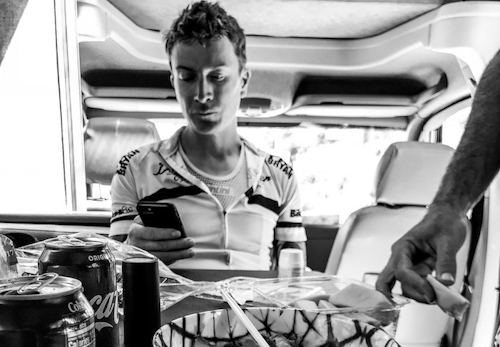
 Sun Feb 22nd - 4am, 9am, 3pm EST
Sun Feb 22nd - 4am, 9am, 3pm EST